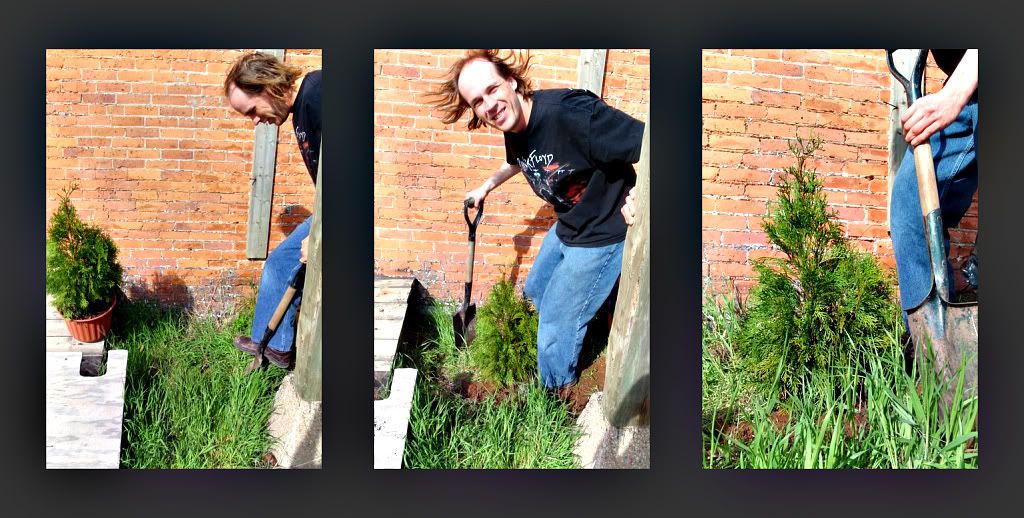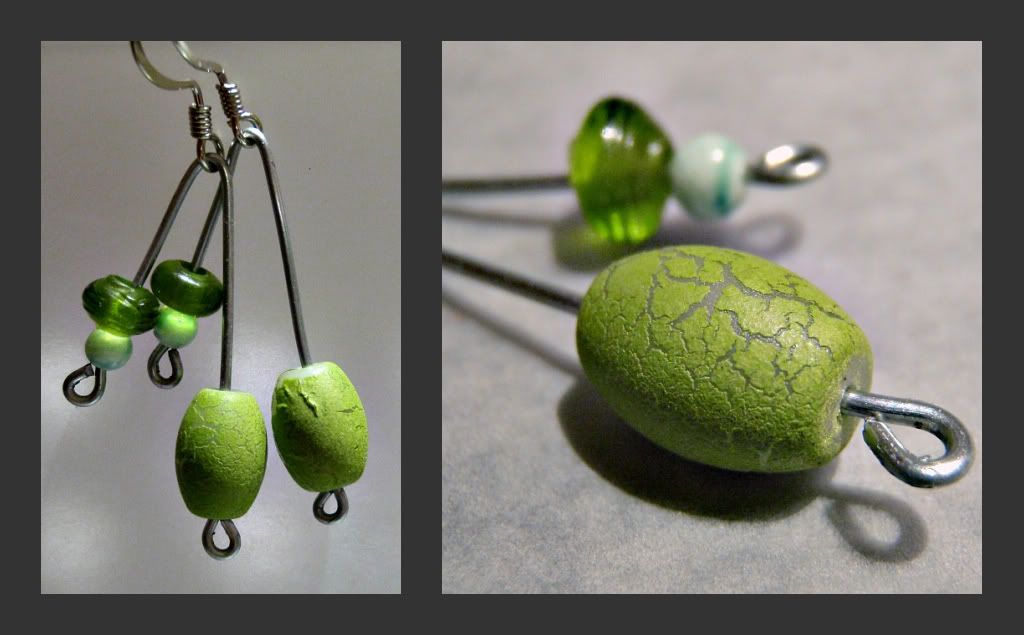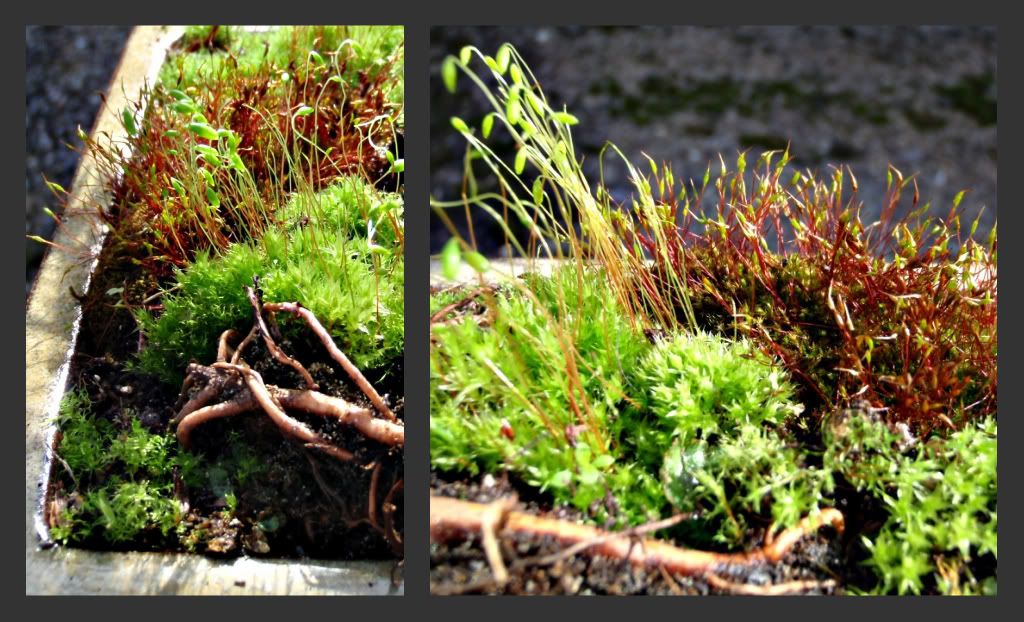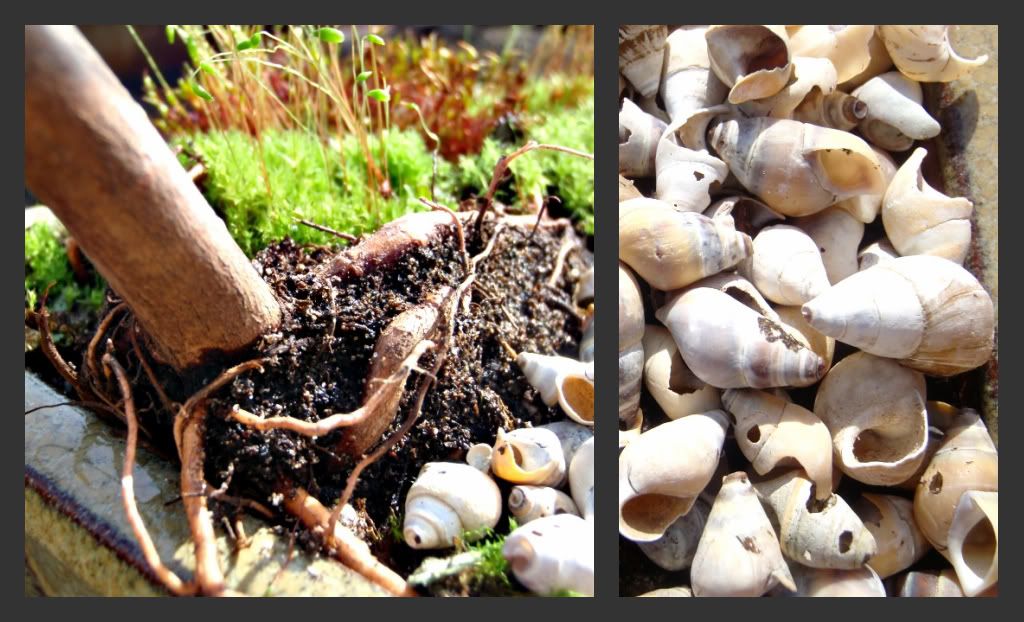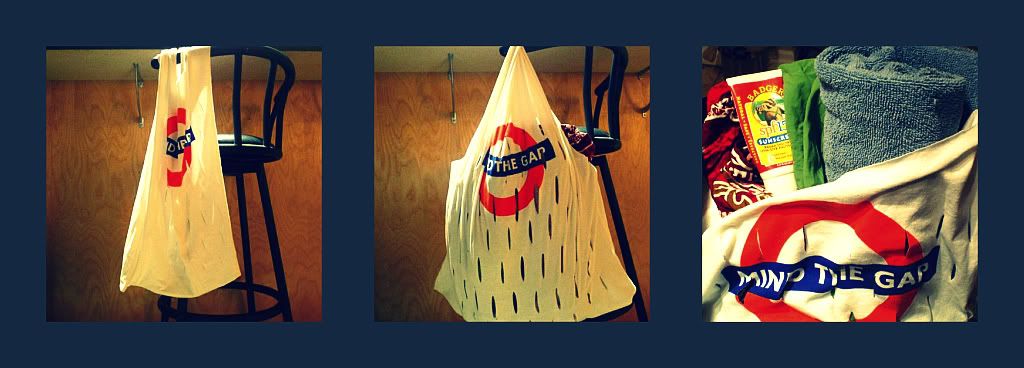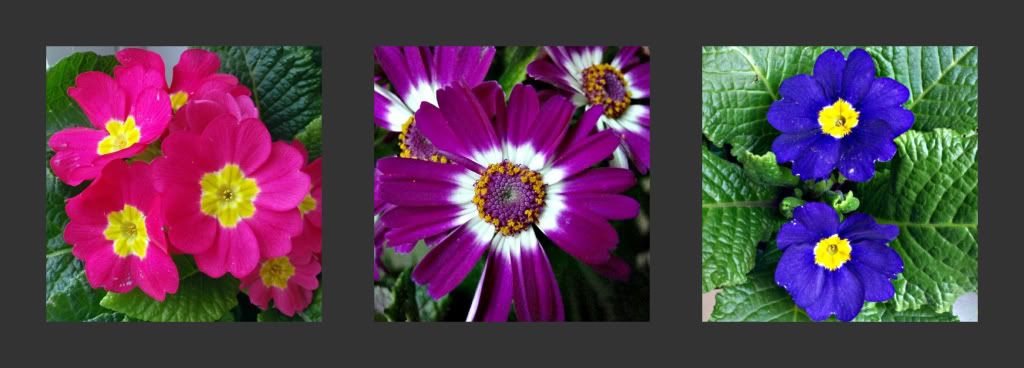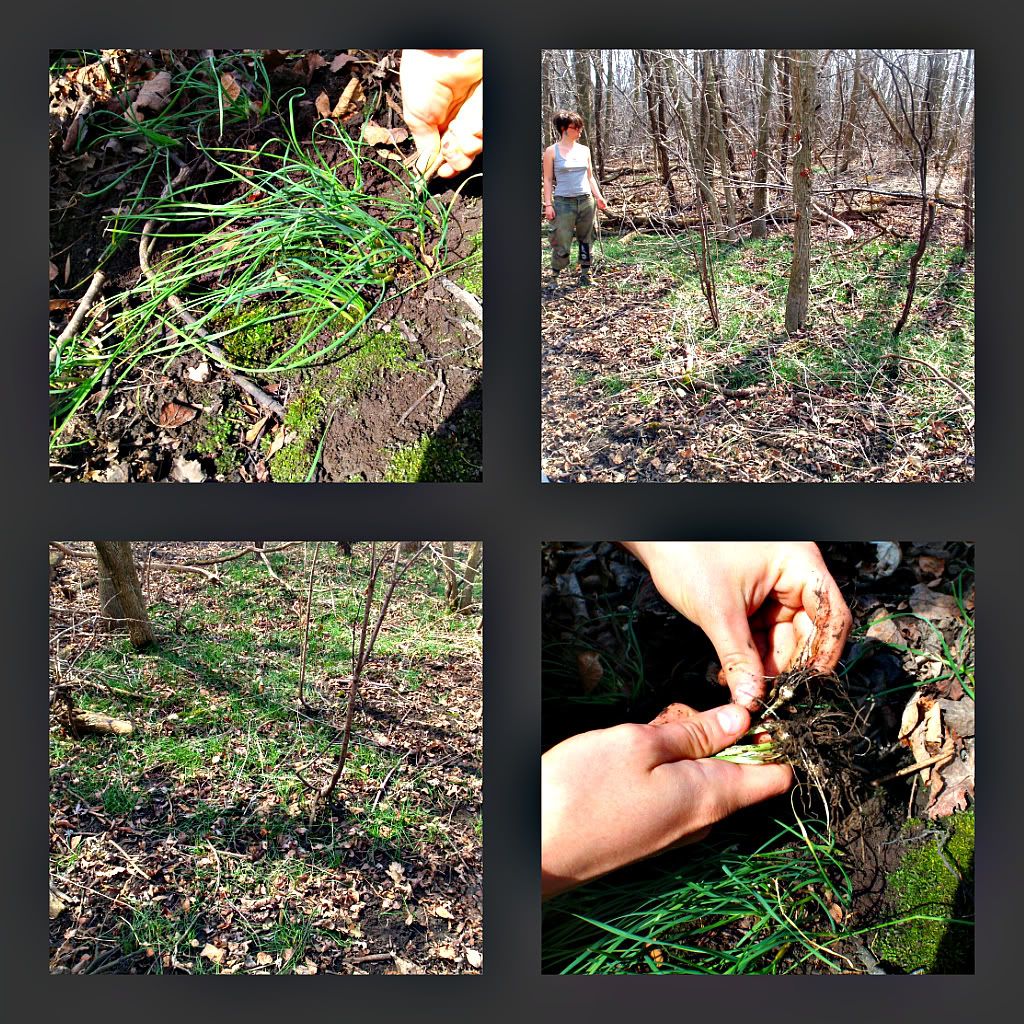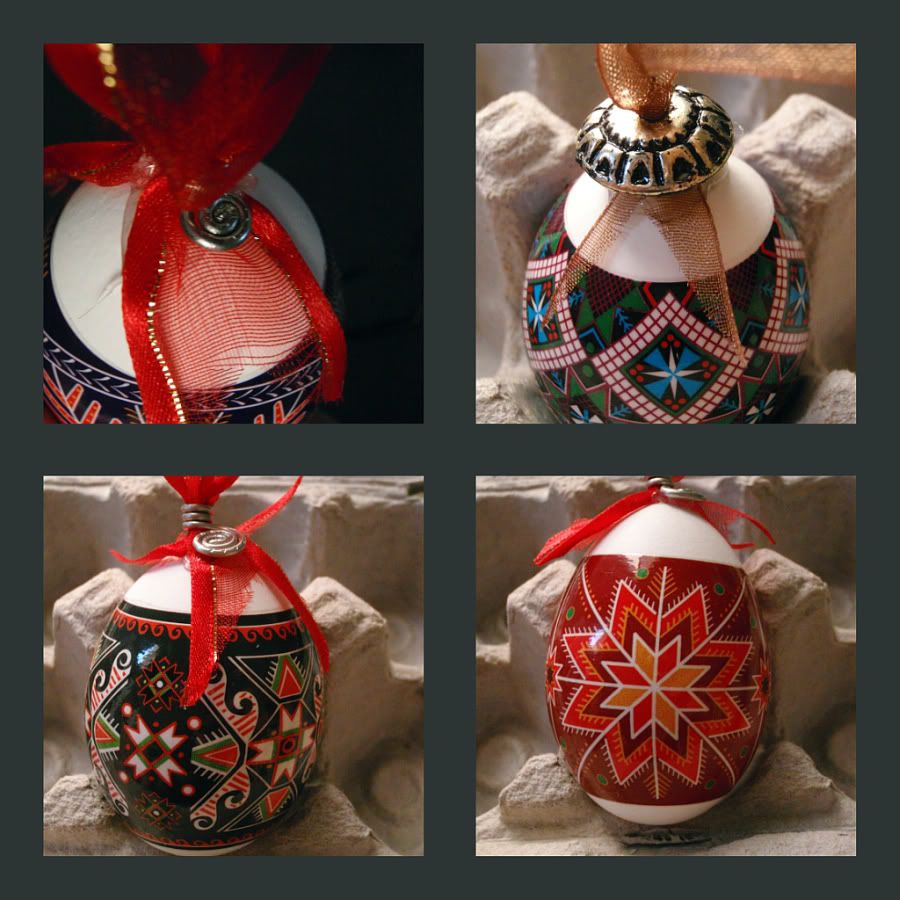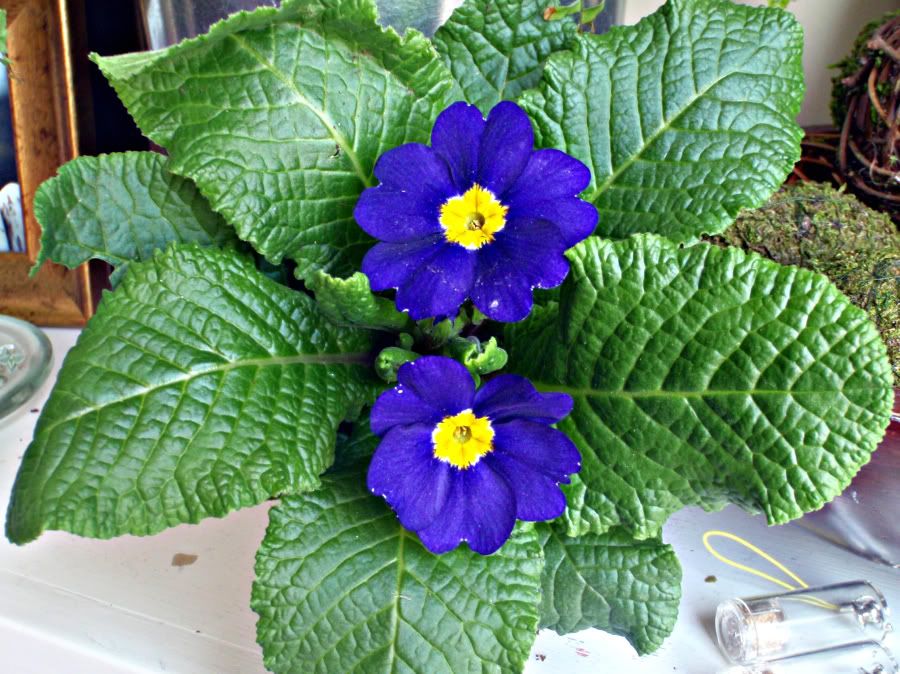It's a bit early in the season to be thinking about nutrient deficiencies, but as they say an ounce of prevention is worth a pound of cure! I was studying nutrient deficiencies all day for a test I had this afternoon and a few key points really stuck out in my mind. But first... some background information.
Plants, like people, require a varied diet and need some nutrients more than others. Plants require large amounts of macronutrients: N (Nitrogen) for leafy green foliage growth, P (Phosphorus) for flowering, fruit, resisting disease, root growth, K (Potassium) for sturdy stem growth, nutrient flow, stress resistance - which is why fertilizers list the content of these nutrients (i.e. 20-20-20) These three nutriengs along with Mg (Magnesium) can be easily transported around the plant so they are called mobile nutrients. Plants have a taste for a wide range of nutrients in smaller doses. Because the plant requires less of these nutrients they are called micronutrients and include: Ca (Calcium), Iron (Fe), S (Sulfur) and many others. These nutrients cannot be transported within the plant, so they're called immobile nutrients.
So what important lessons did I learn while studying?
#1 - WATER, WATER, WATER! Water is super important for making sure your plant gets enough to eat! Roots can't take up nutrients when there's not enough water. Watering your plants also has the added benefit of helping your plants stay strong, resist pests and disease.
 #2 - Check your soil pH!
#2 - Check your soil pH! The majority of nutrient deficiencies (and toxicities) are caused by a pH imbalance. Plants can only take up nutrients when the soil is in a certain pH range. Home testing kits are inexpensive and since pH can affect other areas of plant growth they're a good idea to have on hand. pH in small gardens and containers is easy to adjust - add coffee grounds to make the soil more acidic and ground egg shells with a small amount of baking soda to make the soil more alkaline. To adjust soil pH on a larger scale garden soil amendments can be purchased at garden centers and home stores.
How can you tell if your plants have a nutrient deficiency?
Tissue testing is the only really accurate way to tell what nutrients your plant is lacking, but some leaf symptoms can indicate your plant is screaming "I'm Hungry!!" In the link below you can find an easy key (if you've ever read a Choose Your Own Adventure Book you should figure it out) to follow and find out what your plant is saying.











